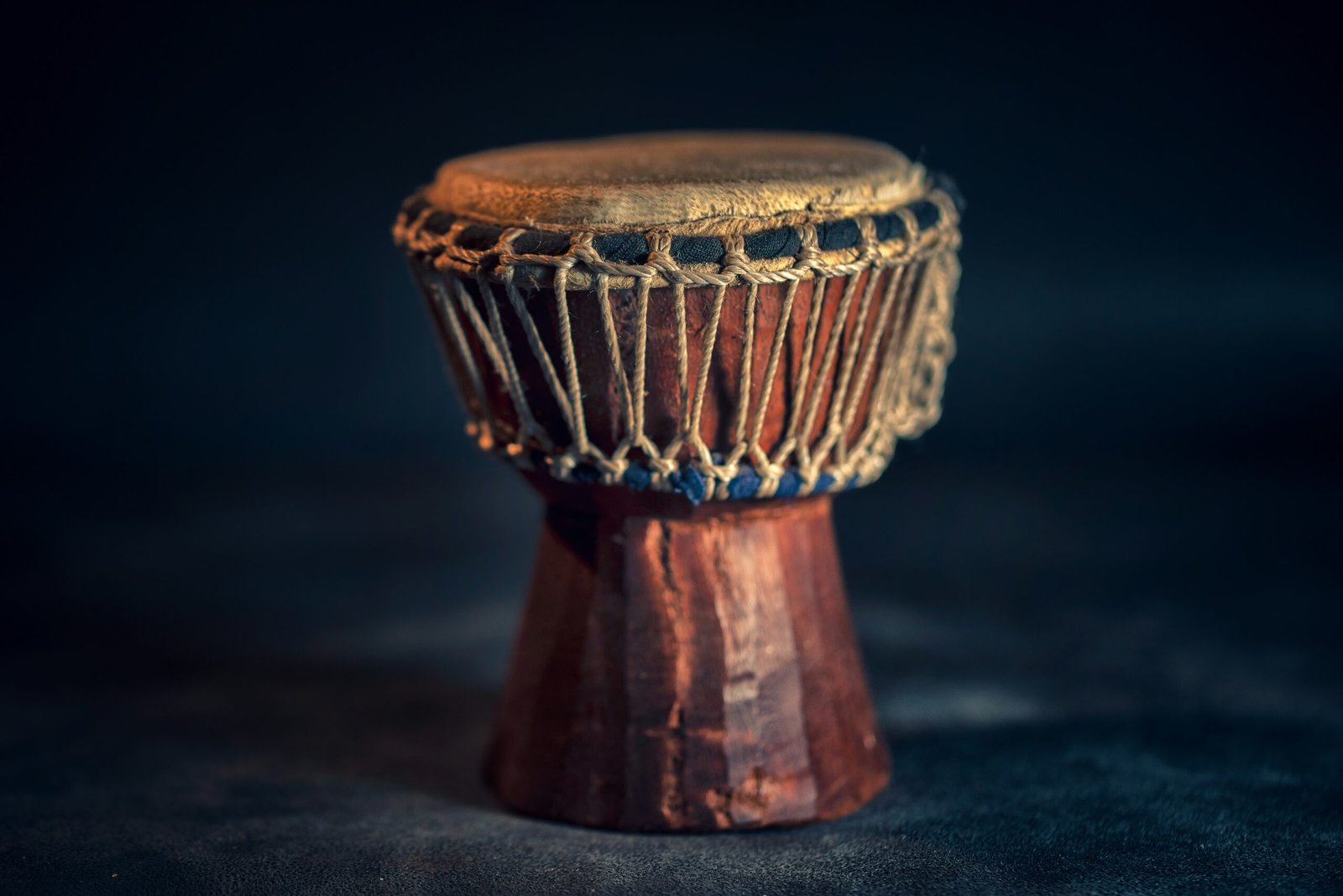The Influence of African Music on Global Sounds and Traditions
Africa is a continent rich in cultural diversity, and its music has had a profound impact on global sounds and traditions. The rhythms, melodies, and instruments of African music have found their way into various genres and styles around the world, contributing to the development of new musical forms and enhancing existing ones. Furthermore, African music has often been intertwined with various aspects of human life, including sexuality. In this article, we will explore the influence of African music on global sounds and traditions and its connection to sexual aspects.
African Rhythms and Melodies
One of the most notable contributions of African music to the global music scene is its infectious rhythms and melodies. African music is characterized by complex polyrhythms, syncopation, and call-and-response patterns, which have influenced genres such as jazz, blues, reggae, and rock. The syncopated rhythms of African drumming, for example, can be heard in the grooves of funk and hip-hop music. These rhythmic elements have added a unique flavor to global sounds, making them more vibrant and energetic.
Similarly, African melodies have captivated audiences worldwide with their intricate patterns and emotional depth. The use of pentatonic scales, melodic ornaments, and vocal techniques like yodeling and ululation have influenced various genres, including pop, soul, and gospel. Artists like Paul Simon, Peter Gabriel, and Miriam Makeba have incorporated African melodies into their music, creating a fusion of cultures that resonates with listeners across the globe.
Instruments and Their Impact
African music is known for its diverse range of instruments, many of which have become integral parts of global music traditions. The djembe, a West African drum, has gained popularity in world music ensembles, adding its distinctive sound to performances and recordings. The kora, a stringed instrument from West Africa, has found its way into genres like folk and world music, enchanting audiences with its mesmerizing melodies.
Other African instruments, such as the mbira, balafon, and talking drum, have also made their mark on global music. These instruments not only contribute to the sonic landscape but also carry cultural significance, representing the rich heritage of African communities. By incorporating these instruments into their compositions, musicians from around the world pay homage to African traditions and create a bridge between different cultures.
The Connection to Sexual Aspects
It is important to acknowledge that African music, like any other form of artistic expression, can reflect various aspects of human life, including sexuality. In some African cultures, music and dance are intertwined with rituals and ceremonies that celebrate fertility and sensuality. These rituals often involve rhythmic movements, suggestive lyrics, and provocative dance styles.
However, it is essential to approach the connection between African music and sexuality with cultural sensitivity and respect. Sexual aspects in African music should not be reduced to mere stereotypes or misconceptions. Instead, they should be understood within their cultural context, acknowledging the diversity and complexity of African societies.
In conclusion, African music has had a significant influence on global sounds and traditions. Its rhythms, melodies, and instruments have enriched various genres and created a bridge between cultures. While African music can sometimes be connected to sexual aspects, it is crucial to approach this topic with cultural sensitivity and respect. By appreciating the diversity and complexity of African music, we can truly understand and celebrate its global impact.

